
How to Choose a Trailer Hitch Coupler
What Kind of Trailer Do You Have? What Are You Towing Your Trailer With? What Weight Capacity Do You Need? What Type of Latching Mechanism Do You Prefer? How Will You Install Your Coupler?
What Kind of Trailer Do You Have?
What Are You Towing Your Trailer With?
What Weight Capacity Do You Need?
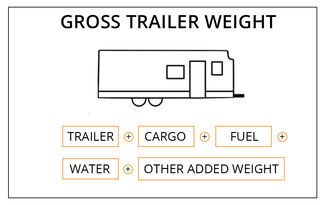
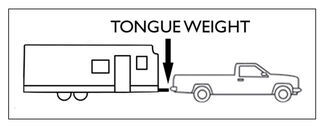
What Type of Latching Mechanism Do You Prefer?
How Will You Install Your Coupler?
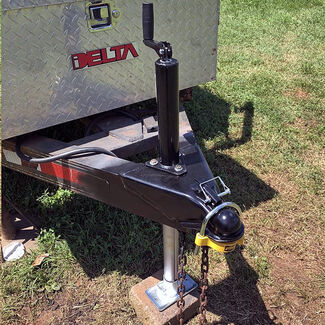
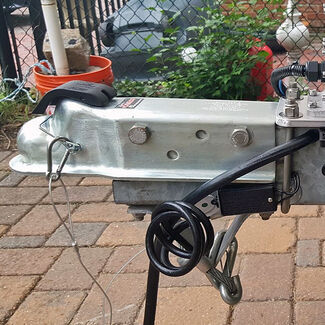

Departments
Towing
- Trailer Hitch
- Fifth Wheel
- Gooseneck
- Towing a Vehicle
- Front Hitch
- RV Hitch
- ATV Hitch
- HD Truck Hitch
- Vehicle Wiring
- Brake Controller
- Ball Mounts
- Weight Distribution
Sports and Recreation
Trailer Parts
- Utility Trailer
- Boat Trailer
- Landscape Trailer
- Enclosed Trailer
- 5th/Camper Trailer
- Car Hauler
- Horse Trailer
Vehicle
Contact & Help

What our customers are saying:
"I like the easy of navigation through the site. It only took me a couple of minutes to place my order. Thank You I will shop this sight again in the future."
Kevin
Manchester, MD
Popular Vehicles
- Subaru Forester
- Ford F-350 Super Duty
- Ford F-250 Super Duty
- Chevrolet Silverado 1500
- Jeep Wrangler Unlimited
- Jeep Wrangler
- Ram 3500
- Toyota Highlander
- Ram 2500
- Chevrolet Silverado 2500
- Subaru Outback Wagon
- Chevrolet Silverado
- Dodge Ram Pickup
- GMC Sierra 2500
- Ram 1500
- Ford F-250 and F-350 Super Duty
- Jeep Grand Cherokee
- Toyota Tacoma
- GMC Sierra 3500
- Toyota Tundra
- Ford Escape
- More >>


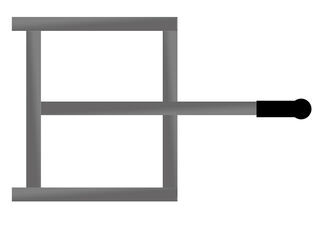
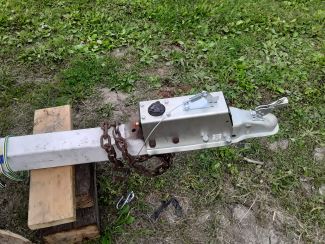
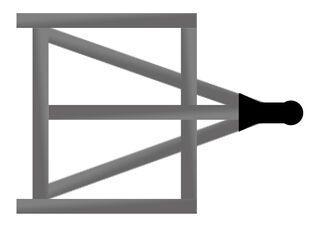
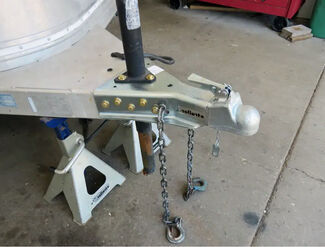
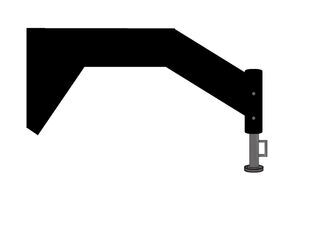
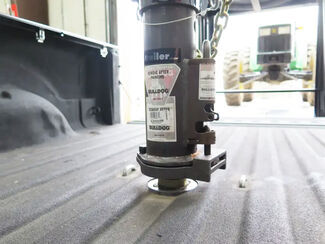
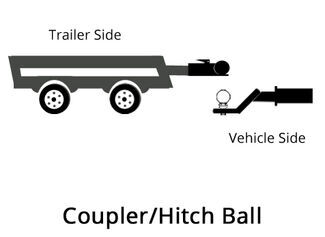
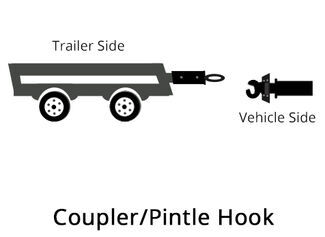
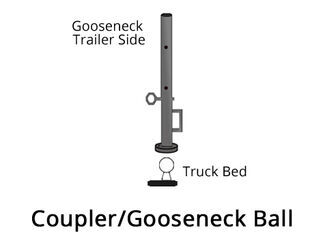
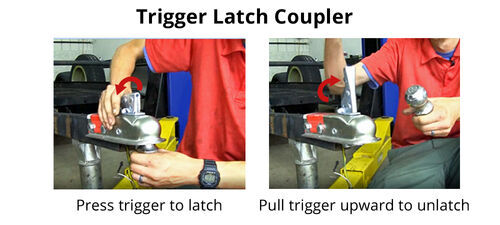
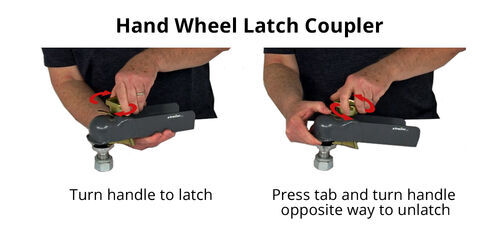
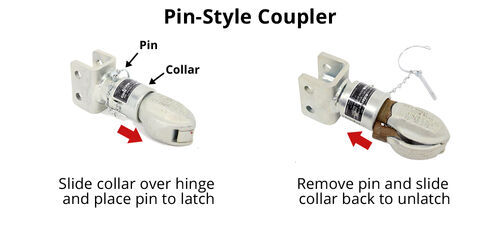
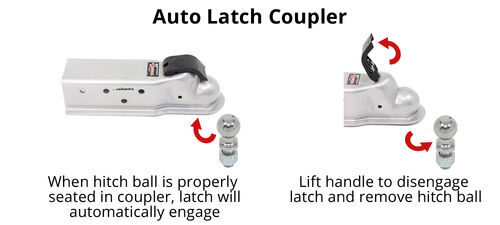
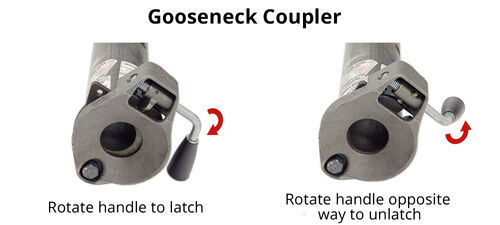
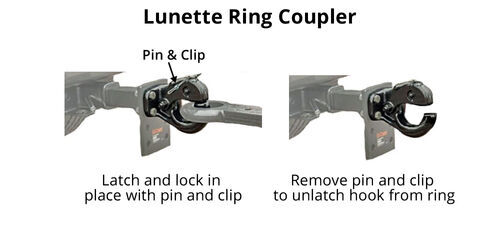




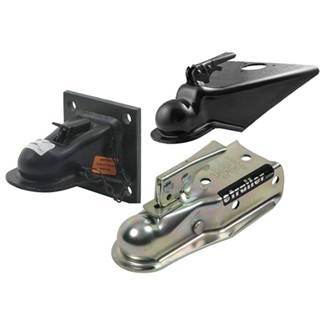
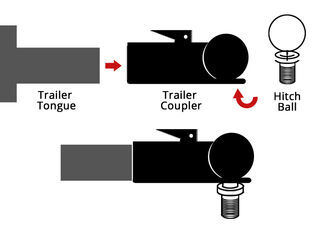
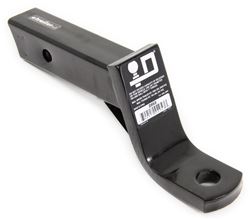
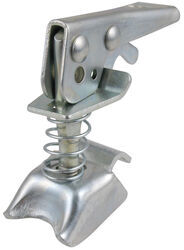
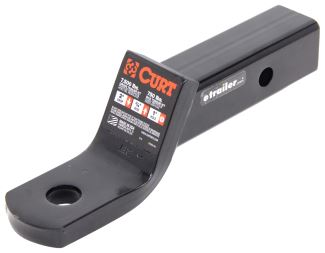
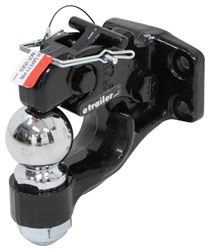
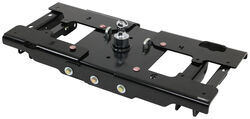







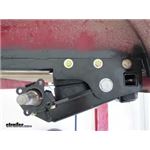







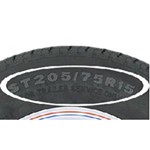
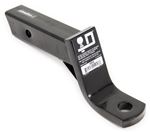






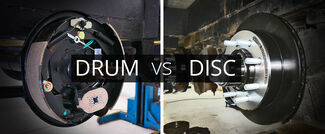

Angela B.
1/18/2022
Looks like a pretty easy install.